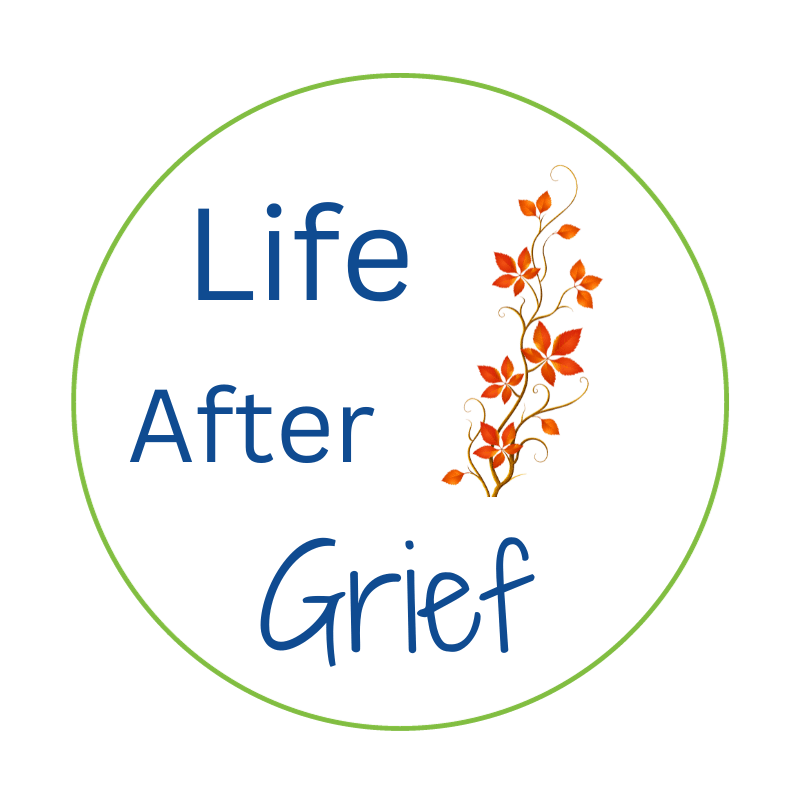
Hi,
This New York Times Opinion piece, “It’s OK to Never ‘Get Over’ Your Grief” discusses the shift in our understanding of how to grieve in 1917 with Sigmund Freud. “Traditional mourning practices preserve a place for the dead among the living.” Sigmund Freud’s “…innovation was to view mourning as a matter of individual psychological health, as opposed to the final stage in the relationship we have with someone.”
What is healthy grieving?
One school of thought sees keeping a place for the dead with private gestures (my aunt’s stone walrus sits on our windowsill and I greet it day and night) and communal ones (visiting a gravestone each year with family and friends) as essential to completing the cycle of a relationship. It allows for the continuation of the relationship’s love and strength, even after someone is gone. It does complicate moving forward from the past into the future.
The newer school of thought assumes that if an individual has trouble moving on, it is unhealthy, even pathological. It cuts individuals off from their networks of support and communities when they are grieving. Yet there is also a value to looking towards the future to new relationships, work and play. It’s not so easy to forget the ‘we’ and ‘us’ relationship you’ve lost, which is to central to your identity in the world.
Perhaps incorporating aspects of each makes sense.
Finding a Better Way for You to Grieve
There is an expression, “Time heals all ills.” It doesn’t. The intensity of overwhelming feelings does ease over time, after the first two years. Leveraging your Affluence Code® is the fastest path to grieving in a much healthier way.
What is your primary Affluence Code® focus?
Work (Purpose lens)
Connection (Love lens)
Community (Charity lens)
To move forward through your grief, start by leaning into the experiences where you feel most yourself - work, connection or community first. Until you are centered and grounded, it’s difficult to trust yourself.
In the midst of grief, joy is hard to come by. To move forward, be willing to find the moments and passages of joy in your future and feel them. The grief may rise up at the same time. That does not mean the joy isn’t real.
There are five areas of affluence, which bring joy:
Business/Career
Relationships
Health
Time
Money
Within these areas, where are you satisfied and dissatisfied specifically?
How can you amplify your engagement in the 1st?
How can you minimize your experiences of the 2nd?
Clarity is your superpower. Start anywhere. Progress in finding these moments of joy has a domino effect. Once you see a few, they can multiply and expand to take up more time.
What about including grief traditions before Sigmund Freud?
For this, I recommend creating rituals, anchored to loving memories. One of the challenges is to honor the past relationship but leave space for future possibilities in all areas of life.
For example, my husband left me over 500 artworks which lived in my apartment for 8 years, including after my boyfriend moved in. I barely had space to breathe and very little room to nurture my new relationship. Now, we have moved, the art is in storage and I feel free, even though I still need to decide how to sell them.
I had rituals for rings, ashes, moving the art from his studio to our apartment, everything. It is a balancing act between past, present and future to be figured out.
You may hear, as I did, that the rituals which kept memories of David, my husband, in my life, after he died, that he couldn’t move on - guilt/shame. I don’t believe it’s true but that is often the religious view.
It’s all a matter of choices. Keep checking in with yourself as you reduce the space the past inhabits to give more room for the present. In the beginning, your memories are likely to be big and overwhelming. Eventually, there will be pockets of hope and joy which spark and expand. Both threads will probably always exist and that’s OK.
I was recently told that a part of me is still having trouble forgiving myself for surviving - almost 8 years later. I believe it. I feel that to be true. So now I will be designing a forgiveness ritual - healing the grieving parts of me which are still stuck. Until I make space, I have less for my boyfriend, whom I love now.
Everybody has a different grief journey. Remember that it’s OK to never get over your grief but be willing to live on into your dreams and legacy too.
This newsletter issue, What Is the ‘Right’ Way to Grieve? talks about two different traditions for grieving, after a loved one passes away. Obviously, this is not detailed enough to dig into your current challenges. Let’s chat.
Schedule a complimentary 20-minute zoom call to talk about how to move forward with more ease on your grief journey. Click the link below: https://thebadwidow.com/ConnectWithAlison.


